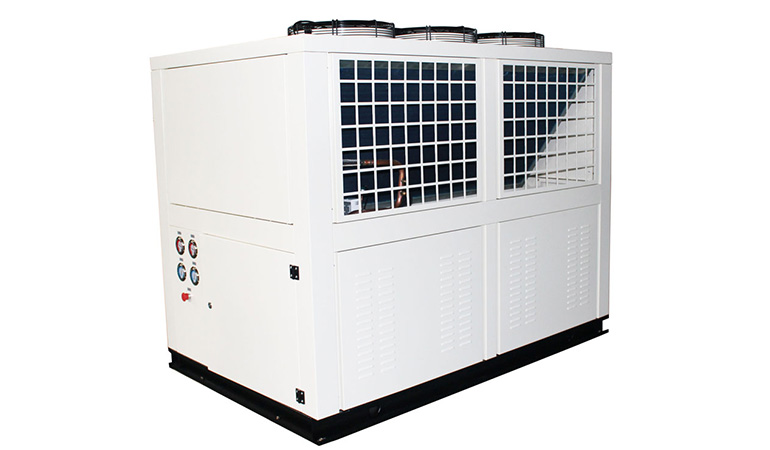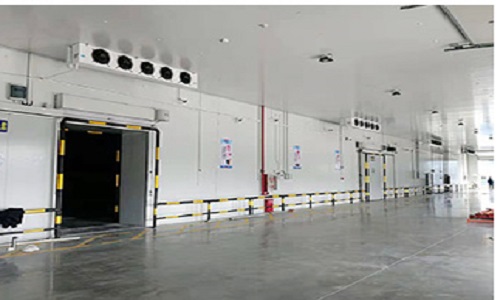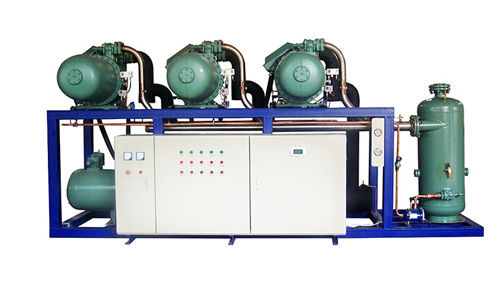Air cooled chillers are an essential part of modern cooling systems, utilized across various industries to maintain optimal temperatures for equipment and processes. This article will explore the principles behind air cooled chillers, their different types, and applications, ensuring a detailed understanding of their importance in today's industrial landscape.
Understanding the Working Principle of Air Cooled Chillers
Air cooled chillers operate on a straightforward principle: they remove heat from a liquid via a vapor-compression or absorption refrigeration cycle. The process begins as refrigerant absorbs heat from the liquid, typically water, causing the refrigerant to evaporate. This vapor is then compressed, raising its pressure and temperature. Transfer of heat occurs in the condenser where air is blown across coils, allowing the refrigerant to dissipate the absorbed heat and return to a liquid state.
This cycle is continually repeated, ensuring that the liquid remains cool. The primary advantage of air cooled chillers is their reliance on ambient air for cooling. Unlike water cooled chillers, which need a dedicated cooling tower, air cooled systems are often more compact and easier to install, making them suitable for a range of applications.

Box Type Air-cooled Chiller
Types of Air Cooled Chillers
Air cooled chillers are available in various types, each designed to cater to different cooling needs:
1. Scroll Chillers: These chillers use scroll compressors, making them compact, reliable, and efficient. They are ideal for small to medium cooling loads, often found in commercial and industrial settings.
2. Screw Chillers: Suitable for larger capacities, screw chillers utilize twin-screw compressors. Their design allows for greater efficiency, making them perfect for high-demand industrial applications.
3. Centrifugal Chillers: Known for their high efficiency in larger capacities, centrifugal chillers are favored in large commercial buildings and industrial processes. They work by using a rotating centrifugal pump to compress refrigerants, providing significant cooling outputs.
4. Portable Air Cooled Chillers: For temporary or supplemental cooling, portable air cooled chillers are invaluable. They offer flexibility, can be easily relocated, and are perfect for emergency cooling needs.
Applications of Air Cooled Chillers
Air cooled chillers find a diverse range of applications due to their adaptability and effectiveness:
1. Industrial Processes: Industries including plastics, pharmaceuticals, and food processing rely on air cooled chillers to maintain the required temperatures for machinery and materials.
2. Commercial Cooling: Offices, shopping malls, and hotels utilize these chillers for air conditioning systems, ensuring comfortable environments for employees and visitors.
3. Equipment Cooling: Data centers and tech companies depend on air cooled chillers to prevent overheating of servers and critical electronic equipment.
4. HVAC Systems: Air cooled chillers are integral components of HVAC systems, providing essential cooling during warmer months and contributing to overall energy efficiency.
Maintenance and Considerations for Air Cooled Chillers
Maintaining air cooled chillers is crucial for ensuring efficiency and longevity:
1. Regular Inspections: Routine air filter and coil inspections are vital in maintaining airflow and improving heat exchange efficiency.
2. Cleaning: Annual cleaning of the condenser and evaporator coils can prevent dust and debris accumulation, which can hinder performance.
3. Monitoring Performance: Keeping track of performance metrics helps identify issues early, avoiding costly downtime and repairs.
FAQs about Air Cooled Chillers
1. What is the lifespan of an air cooled chiller?
The average lifespan of an air cooled chiller is about 15 to 20 years, depending on maintenance and usage.
2. How efficient are air cooled chillers compared to water cooled systems?
Air cooled chillers can be less efficient than water cooled systems, especially in hotter climates, but they require less maintenance and infrastructure.
3. Can air cooled chillers work in extreme temperatures?
Air cooled chillers may reduce efficiency in extreme temperatures, but modern designs have improved performance in a wider range of conditions.
4. What factors influence the selection of an air cooled chiller?
Capacity needs, installation space, energy efficiency, and budget are critical factors in selecting the appropriate air cooled chiller.
In conclusion, air cooled chillers serve as vital components in various applications, offering efficient and effective cooling solutions. Understanding their principles, types, and applications can guide users in making informed decisions about their cooling needs, leading to enhanced operational efficiency and comfort.







